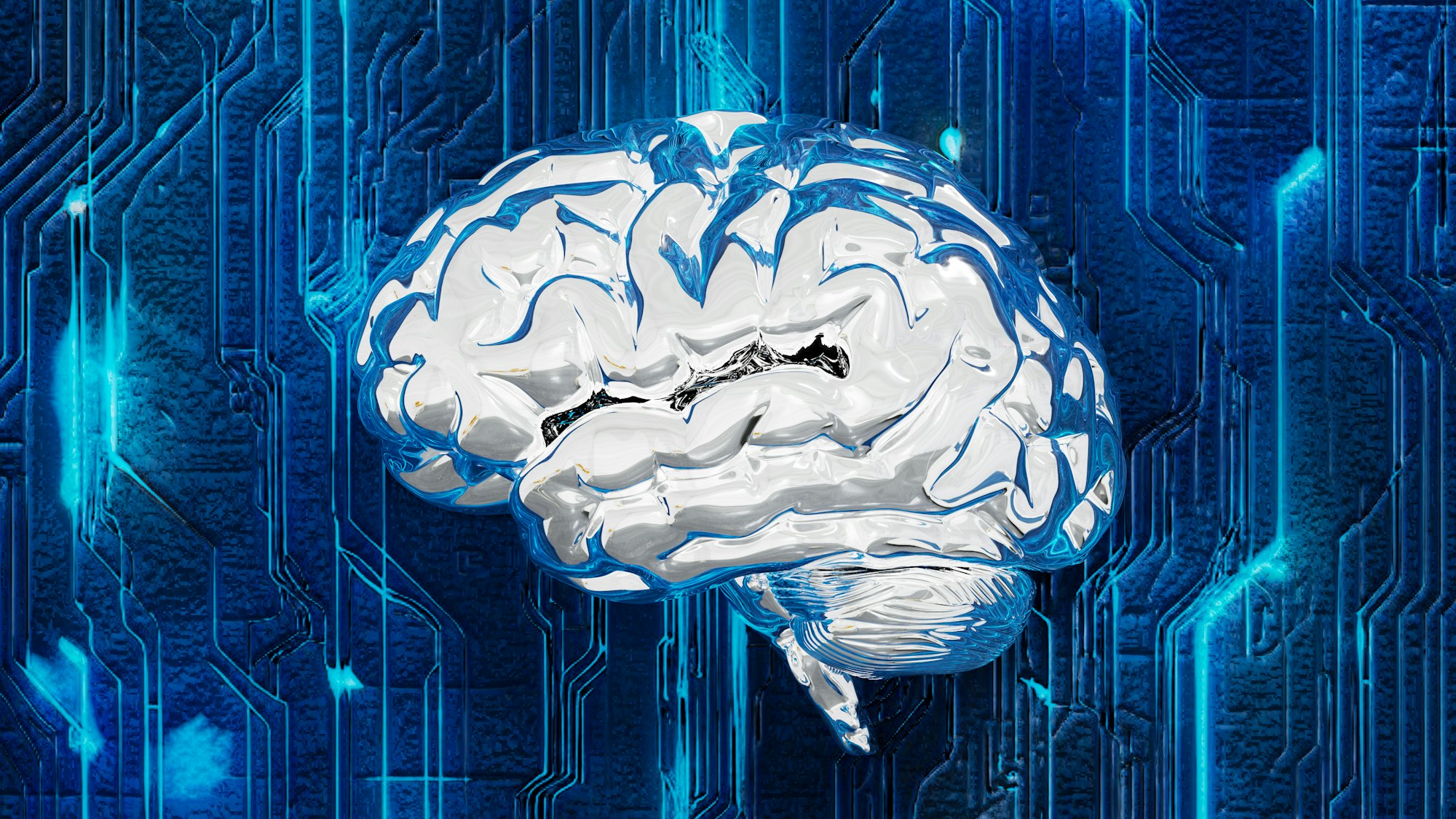Blog
The Cognitive Debt Crisis: Designing Ethical AI for Deeper Learning
Abstract This post addresses the escalating “Cognitive Debt Crisis” in education, a systemic issue precipitated by the proliferation of Artificial Intelligence (AI) tools designed to optimise for efficiency over deep learning. Cognitive debt is defined as the cumulative deficit in neural pathway formation that results from using AI to bypass

How an Algorithm Deepened Inequality in UK A‑Level Results—and What It Teaches Us About AI Fairness
Introduction In 2020, when the pandemic forced the cancellation of A-level exams, the Office for Qualifications and Examinations Regulation (Ofqual) turned to an algorithm to award grades. This led to high-achieving students at underperforming schools being downgraded while benefiting small class-sized private school students (Harkness, 2021) . This post examines how

The Mathematics of Injustice: Why Facial Recognition’s Algorithmic Bias Makes It Fundamentally Unfit for Democratic Society
Introduction One can argue against AI-based facial recognition technology (FRT) from multiple perspectives. Warren and Brandeis (1890) established the foundational right of privacy or ‘right to be let alone’, whilst Moore (2008) extends this to encompass control over personal information and bodily autonomy. FRT violates principles of meaningful consent—as

Beyond Bloom’s 2 Sigma Problem: Data-Driven Approaches for Improving Student Success
Abstract The teaching-learning approach proposed by Benjamin Bloom in his 2-sigma problem (Bloom, 1984), although testing exam performance, suggests a rigid, systemised education with rigorous testing that suites quantitative subjects in which achievement is predefined with a universally agreed fix…

Can Pupils Teach Themselves to Code using Minecraft?
The following is a dissertation proposal and am looking for a school to develop this in. If this sounds interesting, please get in touch. Abstract There is a growing need in schools in the UK to prepare pupils for the digital economy by developing 21st-century soft skills. There is also



